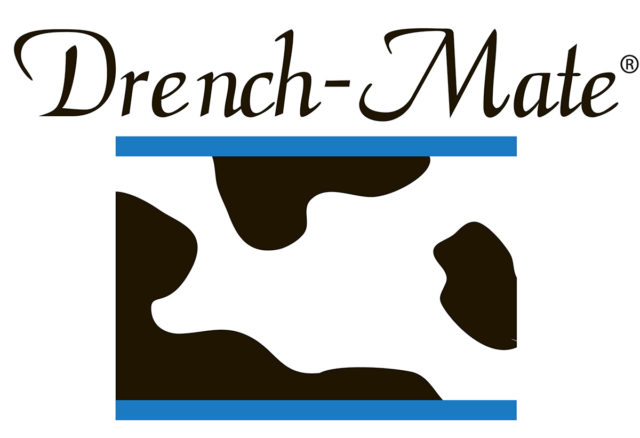Gláucio Lopes Jr. Large Herd Manager and Reproduction Specialist SCR Dairy Madison, Wisconsin
What education are you bringing with you to this position?
I am a 2006 veterinarian graduate from a federal university in Brazil, and I received a Master of Science degree in physiology of reproduction from the University of Wisconsin – Madison in 2011.
Please describe your agricultural background.
During veterinary school, I started my involvement with agriculture and livestock animals while working on the swine facility on our farm school. As time went by, I started to help on our dairy cattle and water buffalo, as well as sheep and goat production. During the rotation of the final year of vet school, I targeted my time and efforts towards dairy and beef cattle operations, focusing on animal husbandry, health, clinic, pathology, surgery and reproduction of large animals.
What territory will you cover?
I will work with dairy herds and dairy advisors throughout North America.
What are your new responsibilities?
To provide support of the SCR monitoring system for veterinarians, consultants and nutritionists to help them better connect the cow’s activity, health and rumination to the dairies’ overall management. I envision to be a communication bridge between the dairies’ consulting and management teams with SCR, as well as helping with multi-language training and support for our customers.
What previous positions have you held?
Reproduction specialist at Accelerated Genetics (three years, five months), research assistant at the University of Wisconsin – Madison (two years, two months) and at the University of California – Davis (one year, five months), and a practicing veterinarian in Brazil (two years).
Who has made the biggest impact on your career?
This is a tough question to respond with only one name. In early stages of my career, Dr. Roberto Sartori was the one that aroused in me the desire to work closely with research, and through him I was introduced to Dr. Ricardo Chebel. Dr. Chebel was critical on my understanding of the modern dairy industry in the U.S. while I was working on large herds in California. Dr. Paul Fricke and Dr. Milo Wiltbank are both important because of their extremely valuable guidance during my master’s program.
How will you be of most help to producers in your region or area of expertise?
Mostly tying the information provided by the SCR Heatime activity, health and rumination monitoring system with the management of large dairies. My goals will be to help producers understand this concept of optimizing productivity of every cow and maximizing herd performance, and to better incorporate the system with their management after their decision to invest.
Why did you choose this company?
Even though I am a new employee for SCR Dairy, I am not new working with them. SCR supported projects when I was a graduate student at UW Madison in 2009 and 2010, and their interest in research and how to maximize the use of their products by dairy producers always caught my attention. Their technology, tied with a team of experts, was instrumental in the decision process to accept this position.
What goals would you like to accomplish while in this position?
Primarily using my expertise in dairy cattle reproduction and increased herd performance to show producers how the system can help dairy management teams improve cow health, feed management and reproduction. Help to break some of the misconceptions that were disseminated through the years on health and activity systems. PD





